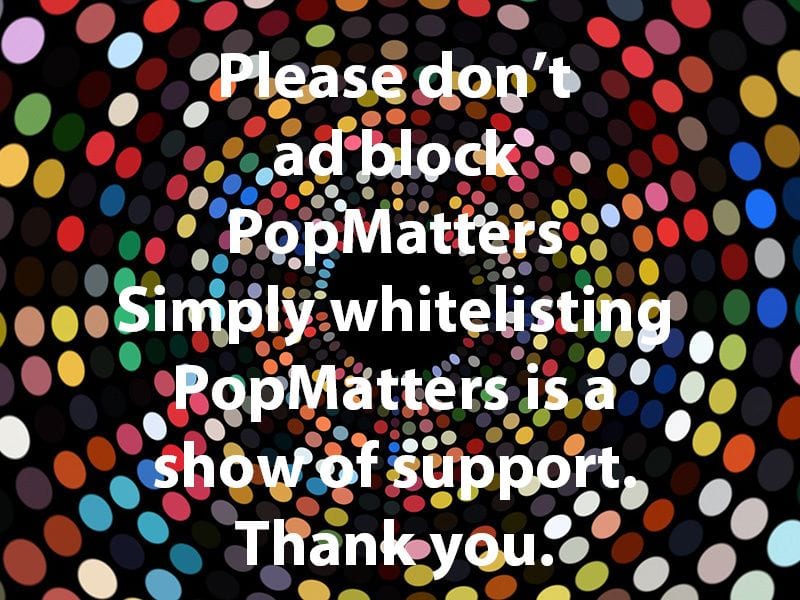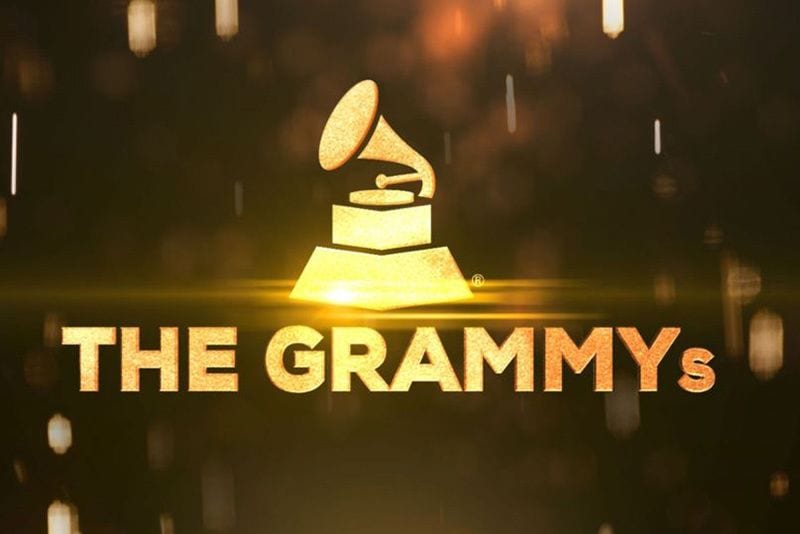
Even if you didn’t watch it, you knew that this year’s Grammys were like any other’s year’s Grammy Award telecast: it was simply far, far too long.
Yet that wasn’t the only negative to be noted on the ceremony’s 61st iteration. This time around, there were far too few awards were given out during the televised portion, several acceptance speech winners were played off (and twice abruptly cut off), one of the night’s big winners wasn’t even there (Childish Gambino/Donald Glover), and Recording Academy President Neal Portnow, following last year’s ceremony where he problematically said that women need to “step up” in the industry, spent an unfortunate amount of time complimenting himself with a segment celebrating his final year in his role. Also, the Red Hot Chili Peppers were allowed to perform.
Yet once you get past those low points, this usually-vapid and self-congratulatory spectacle turned into something that it hadn’t been in well over a decade: it was relevant.
Outside of expanding several of the major categories to include far more than five nominees as had been tradition for over a half-century prior (thereby adding some genuine surprises like R&B artist H.E.R. into the mix for competitive all-genre categories like Album of the Year), this year’s telecast was a completely different beast than the meandering, disjointed sets of the recent past. It celebrated music from all walks of life while also being almost entirely female-fronted. Post Malone, Travis Scott, and country duo Dan + Shay made for the only boys-only performances of the entire evening, and that alone is worth celebrating.
Having swapped out hosting duties from the overstayed-welcome that was James Corden to the acclaimed singer/songwriter Alicia Keys proved to be a genius move, as Keys — a decorated Grammy veteran — lead the evening with an easy-going, friendly vibe, telling stories of her own Grammy ups and downs while poking fun at herself and celebrating women at every chance she could get. She proved to be a true natural, instantly seguing out of awkward camera transitions and commercial break lead-ins with a casual cool, even bringing in surprise guest Michelle Obama right at the end of her opening monologue to bring the entire Staples Center to its feet.

And then, following a colorful opening performance of “Havana” by Camila Cabello with guests like J Balvin and Ricky Martin in tow, the show launched into a litany of stunning setpieces where queer women with guitars turned in a slate of genuine show-stoppers. First up was sci-fi soul wunderkid Janelle Monáe, who was nominated for Album of the Year this time around. With a litany of backup dancers, robot-precise movements, and a slinky Prince-indebted funk number called “Make Me Feel”, Monáe provided arguably one of the biggest production numbers of the night (second only to Cardi B’s epic display of peacock-fashion braggadocio with “Money”), as Monáe’s dancers wore vagina-shaped leggings as the Archandroid herself gyrated into the stage, showcasing sexual liberation in a way that most Grammy Award ceremonies, at best, merely hinted at. It was a shock to the system for a ceremony that is normally very reserved and frequently foundered when trying to score any cool points, with Monáe giving the broadcast the kind of boost of energy that keeps multi-hour events like these running smoothly.
Near the end of the evening, Brandi Carlile’s “The Joke” was given a straight-ahead performance with her band in tow and lyrics flashing behind her, but the way her voice built itself up and crackled with emotion during the final chorus made for one of those TV moments that that feels instantly iconic, as her already-passionate song about feeling left out of society’s expectations of yourself was given a treatment that can only be described as emotionally epic. While she has been open about her sexuality for years and has a litany of acclaimed records already under her belt, this other Album of the Year nominee absolutely used her moment to introduce herself to the masses in spectacular fashion, and her jumping up and down at the song’s end proved how excited in knowing that she nailed that performance. Her enthusiasm was absolutely infectious.
And then, as if that wasn’t enough, acclaimed indie rock darling St. Vincent broke out her signature guitar moves to duet with eventual Best New Artist winner Dua Lipa as they performed their songs “Masseduction” and “One Kiss” respectively, ultimately mixing the two together and trading off verses, with Annie Clark’s guitar solos during “One Kiss” infusing the enjoyable dance-pop number with a vitality most listeners didn’t even know it needed. The camera circled around the duo as they sang in each other’s faces and looked over their shoulder at the camera in the most coy, knowing ways. Had the songs not been two of the best either artist has created, the performance may have read as pure titillation, but in the hands of these two confident, flirtatious pop stars, it turned into the kind of indie pop crossover that was as seductive as it was essential.
Yet right smack dab in the middle of the evening was Alicia Keys with a broadly-brimmed hat, sitting between two pianos and playing them at the same time. She invited the audience to “Club Keys” and proceeded to run down some songs that she wished she had written, deftly segueing from piano pioneer Hazel Scott to Juice WRLD to Kings of Leon to Lauryn Hill, proving why she’s as heralded a performer as she is while also providing the thesis statement for the entire evening: that music, made by people of any gender and any color, continues to be a connecting force in a way that few other mediums are. While very Grammy broadcast in history has gone out of its way to try and say the same thing in some iteration, Keys’ musical, history-minded but effortlessly entertaining effort made the point better and more succinctly than any other time in its broadcast history.
In truth, this was such a rare bird of an entertaining spectacle that one has to wonder why the Grammys never attempted something like this before. Shortly before Neal Portnow’s self-fellating tribute to himself (where, predictably, he stressed the importance of inclusion, saying “This past year I’ve been reminded that if coming face-to-face with an issue opens your eyes wide enough, it makes you more committed than ever to help address those issues”), Dua Lipa started off her win speech for her Best New Artist win by saying that in being nominated with so many females artists in such a competitive category, “I guess we really stepped up?” Coupled with Cardi B’s win for Best Rap Album (the first solo female to ever take the prize) and Kasey Musgraves somewhat surprising win for Album of the Year for her excellent almost-country effort Golden Hour, the evening constantly reminded the world that women don’t need any special favors, which seems like a too-obvious lesson for an organization like the Grammy Awards, but in truth, this year showed that at least they learned it.
While a guitar-playing H.E.R. and an overcaffeinated Lady Gaga gave memorable sets and Miley Cyrus proved to be a surprising MVP, duetting effortlessly with Shawn Mendes one minute and then fitting in like a glove to lovely and lively Dolly Parton tribute (wherein the only weak link was an out-of-her-element Katy Perry), there were still a few low points, chief among them being the celebration of 60 years of Motown Records. While Smokey Robinson and Ne-Yo were involved in what were essentially supporting roles, the vast majority of this high-energy medley was performed by Jennifer Lopez. As viewers quickly noted, not finding a black artist to take the lead on a tribute to the most famous black label in the world was a slap in the face to its decades upon decades of iconic performers. To her credit, Lopez gave one of her finer performances, singing with growls and doing acrobatic choreography that few could’ve properly pulled off, so the fault wasn’t so much with her as it was with the producers that thought this was a good idea.
Yet no award show will ever be truly perfect, but one can still admire how the Grammys overcame some pre-show controversy to deliver one of the most feminist, fearless, and downright entertaining broadcasts in its history. The lesson — learned after too many overstuffed and aimless nights — was simple: put women (and especially queer women) on center stage and let them do what they do best — perform.


![Call for Papers: All Things Reconsidered [MUSIC] May-August 2024](https://www.popmatters.com/wp-content/uploads/2024/04/all-things-reconsidered-call-music-may-2024-720x380.jpg)



